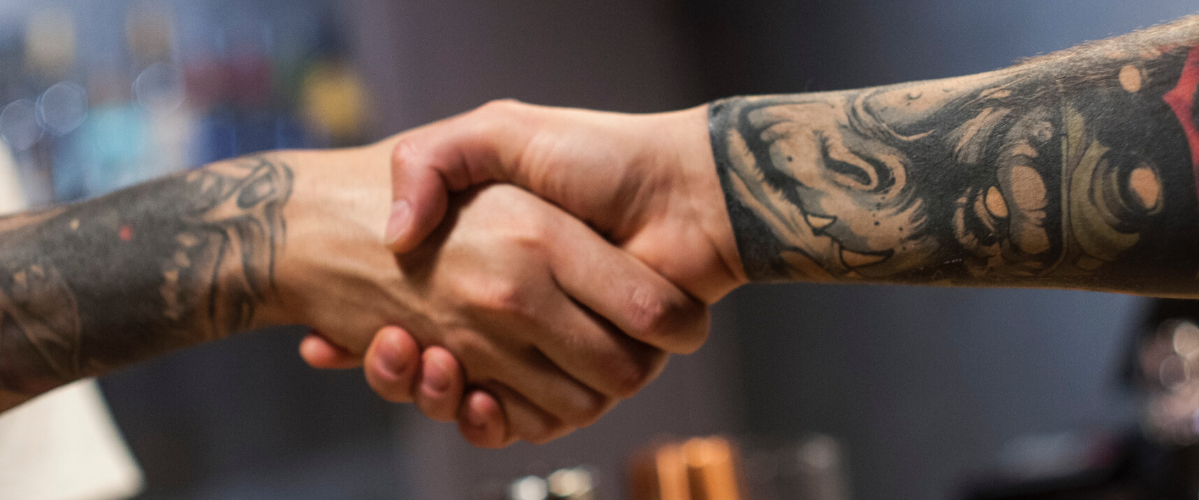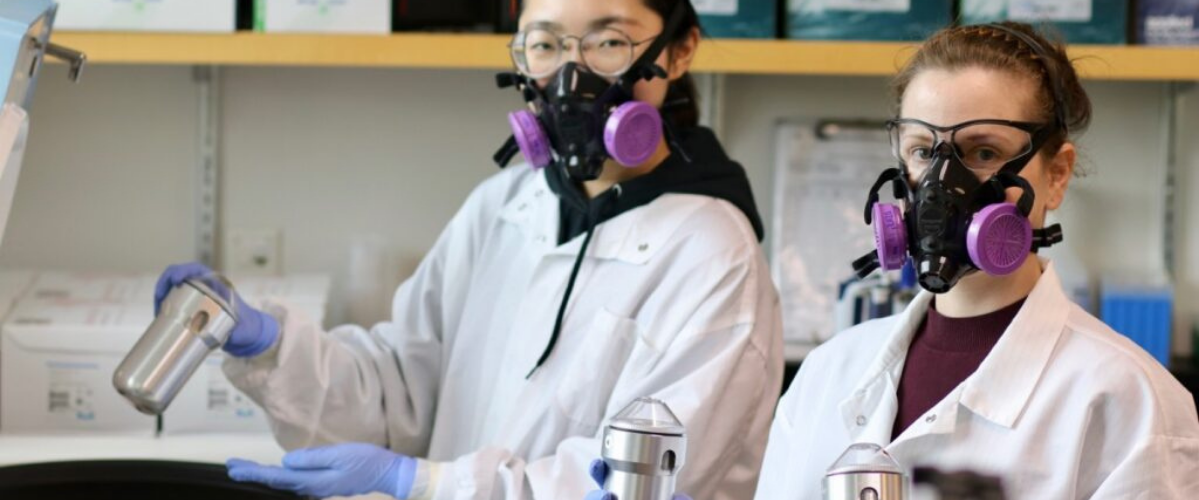Time frame: 2019 – 2021
Overview:
Compassion, Inclusion, Engagement (CIE) is a provincial partnership between the First Nations Health Authority and the BC Centre for Disease Control (BCCDC) to address stigma and discrimination experienced by people who use substances, particularly those who are Indigenous.
CIE supports people with lived experience, primarily in remote and rural communities, in forming peer groups. Peer groups have been instrumental in advocating for the rights of people who use drugs and for meaningful change in drug policy that saves lives. CIE peer groups are empowered and supported in two ways: through skill and capacity building and through seed funding.
By providing capacity building support, these groups learn tangible skills in how to organize, develop a mission, learn about navigating group dynamics, grant writing, financial management, and more. The seed funding that’s provided supports their on-the-ground work, which ranges from operating peer-run overdose prevention sites, training and distribution of naloxone and harm reduction supplies, providing needle clean up, and providing employment and income to members.
By supporting new and emerging peer groups and by leveraging the BCCDC’s position as a provincial leader, CIE ensures that the voices of people who use drugs are at the table with decision makers.
Results:
Through CIE, peer groups across BC were supported to take on projects related to stigma elimination, harm reduction, and overdose response in their communities, and were free to choose the most effective way to create that change for themselves, in relation to their community. The majority of the groups chose to employ peers as trainers for overdose prevention and harm reduction services, while other groups engaged in advocacy work that pushed levels of government for safe supply, including people with lived and living experience of substance use in decision-making and conversations in their communities, and advocated for increased harm reduction/overdose prevention services.
Here’s an example of some of the work that was done by peer groups involved:
ANKORS Cranbrook:
Funding supported women in the Cranbrook area (a high percentage being Indigenous) who are afraid, isolated, or may be impacted by partner violence, an opportunity to come together monthly to support one another, address the stigma that exists for them, and to empower and get supplies in a safe, women specific group, run by peers.
The CLEAN Team:
The Clean Team in Quesnel, BC, is led by and composed of peers with lived experience of homelessness and substance use. The peers are employed part-time and perform early morning cleanups of needles, drug paraphernalia, and litter around business improvement areas, schoolyards, and other ‘hotspot’ locales.
Youth Peer Group:
Because there is no peer group for youth who use substances in the Fraser Valley, there is a high need for youth who use to have a safe place to meet other youth who use substances, and start discussion around harm reduction. The goal of the Youth Peer Group was to create a safe place for youth to share experiences, tips, harm reduction skills, and needs.
CIE peer groups supported:
The Association for the Collaborative End to Stigma
ANKORS Cranbrook
Canadian Association for Safe Supply (CASS)
The CLEAN Team
Coalition of Peers Dismantling the Drug War (CPDDW)
Coalition of Substance User of the North (CSUN)
Comox Valley Street Outreach
“Connections” (formerly the Sunshine Coast Drug User Collective)
Drinker’s Lounge
Indigenous Harm Reduction Team
Kandu-Kelowna Area Network of Drug Users
The Langley Community Action Team (CAT) Peer Group
Positive Living North (PLN)
The POUNDS Project
Raincity
SNOW
Unbroken Chain
Unnamed emerging peer group in Terrace
Vernon Entrenched People Against Discrimination (VEPAD)
Youth Peer Group (YPG)
For updates on this work and other related projects, go here.



